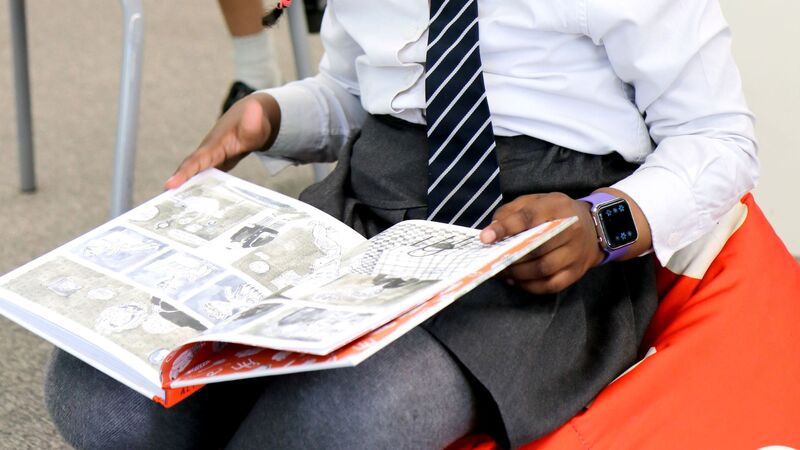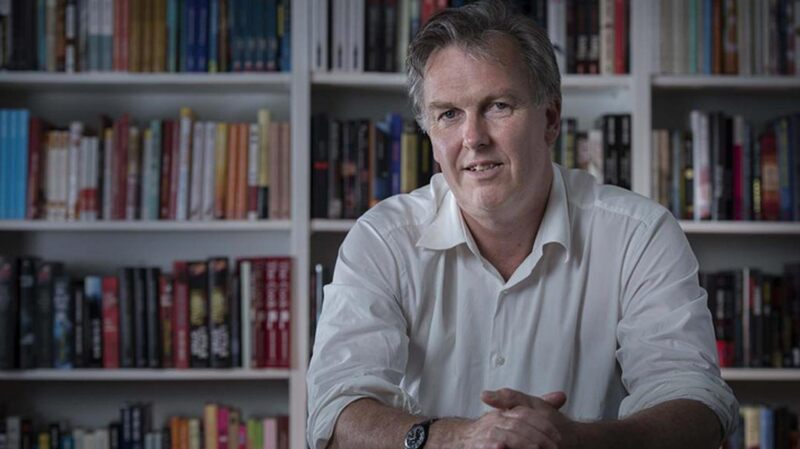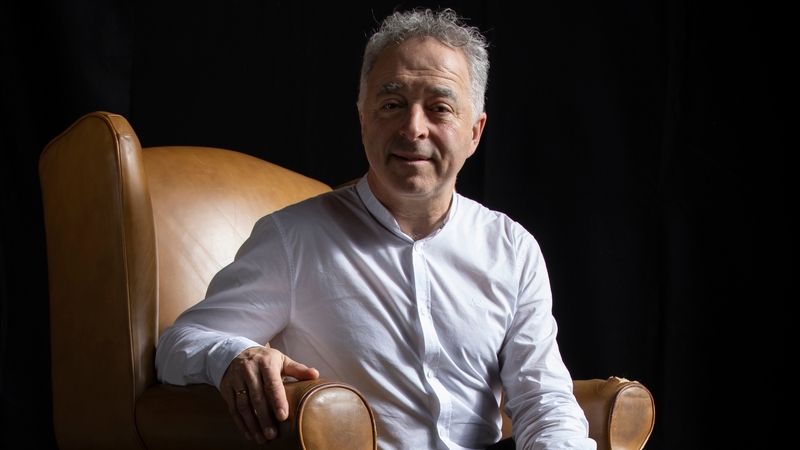You are viewing your 1 free article this month. Login to read more articles.
Life's 'big questions' explored in Science Book Prize shortlist
Books on topics spanning Alzheimer’s, gender politics, infinity and octopuses have all been included on this year's shortlist for The Royal Society Insight Investment Science Book Prize 2017.
The 30th anniversary six-strong shortlist for the prize, celebrating the best science writing for a non-specialist audience, was revealed today (3rd August) and includes two practising scientists, Eugenia Cheng and Joseph Jebelli, two professors, Cordelia Fine and Peter Godfrey-Smith, and two writers with journalism backgrounds, Mark O'Connell and Ed Yong.
Neuroscientist Jebelli is shortlisted for his debut, In Pursuit of Memory (John Murray) which, entwining history and science, centres on Alzheimer's and the quest for a cure. Cheng meanwhile is in the running for Beyond Infinity, a book that takes readers on a journey into the world of maths to reveal the inner workings of infinity.
Psychologist Fine, who is also professor of history and philosophy of science at the University of Melbourne, makes the cut for Testosterone Rex (Icon Books), a book drawing on evolutionary science, psychology, neuroscience, endocrinology and philosophy to debunk the myth inequality of the sexes is hardwired. And Godfrey-Smith is on the shortlist for Other Minds (William Collins) in which he compares the human brain to that of an octopus, accompanied by first hand accounts of the creatures, since he is also an accomplished scuba diver.
Journalist O’Connell asks what rise of AI mean for our humanity, from exosuits to cryogenics, in his shortlisted work, To Be a Machine (Granta), and, finally, Yong is shortlisted for I Contain Multitudes (Bodley Head), a study of the millions of microbes that live inside us.
The judges praised the variety of books on the shortlist, each grappling with "the big questions of our time", as well as the creative techniques used to marry scientific discovery with an engaging "comprehensive and enjoyable" narrative.
The 2017 judging panel (credit: Royal Society)
Chair of this year’s panel Professor Richard Fortey, writer and television presenter, palaeontologist and Royal Society Fellow, said: “We are thrilled with the variety and breadth of this shortlist. These books explore new frontiers, both internally and as far as infinity. They grapple with the big questions of our time: what it is to be human; gender politics; ageing. It takes great courage and skill to face those complex and forbidding subjects and to convey them in such a comprehensive and enjoyable manner.
“The perfect science book marries scientific breakthrough with elegant, engaging communication. Reading these books side-by-side, we were struck by how creative and unique each voice was, and the varied ways these writers tackle their subjects, using metaphors and personal stories as much as scientific facts.”
Forney was joined on the judging panel by novelist and games writer Naomi Alderman, who this year won the Baileys Women's Prize for her sci-fi dystopia The Power (Viking), as well as writer and presenter of BBC Radio 4’s "All in the Mind" Claudia Hammond, Channel 4’s topical specialist factual commissioner, Shaminder Nahal and former Royal Society University Research Fellow Sam Gilbert.
Alderman commented it was "a terrible shame that arts and sciences are so often seen as mutually opposed" and that the judges will be looking for both "great science and excellent writing and storytelling" in deciding a winner. She added: "There's no reason that a science book can't be a bloody good read.”
The 2017 winner will be announced at an evening ceremony on 19th September and will receive a cheque for £25,000, with £2,500 awarded to each of the five shortlisted authors. Professor Brian Cox OBE FRS, The Royal Society’s Professor for Public Engagement in Science, will host the awards ceremony.
Last year's winner was Andrea Wulf for The Invention of Nature: Alexander Von Humboldt’s New World (John Murray Publishers), a book about an explorer and naturalist who inspired the likes of Darwin.
The Royal Society last month also marked its 30th anniversary with a public poll that crowned Richard Dawkins’ The Selfish Gene the "most inspiring work of science writing of all time".














